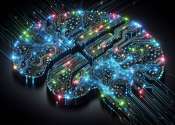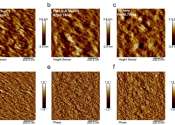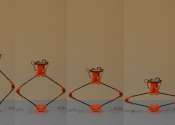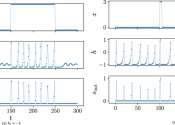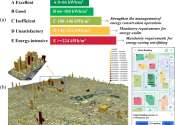Researchers propose the next platform for brain-inspired computing
Computers have come so far in terms of their power and potential, rivaling and even eclipsing human brains in their ability to store and crunch data, make predictions and communicate. But there is one domain where human brains ...
Jun 26, 2024
0
19
